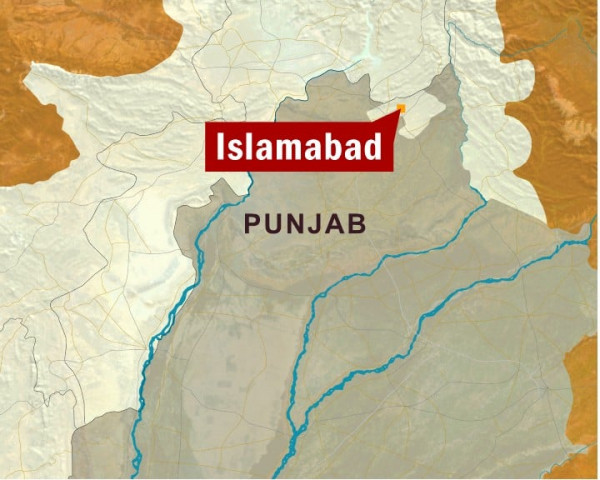‘India’s status made it dismissive of neighbours’
German expert on South Asia says India’s status as emerging world power has made it dismissive of smaller...

‘India’s status made it dismissive of neighbours’
The German professor was giving a talk on the process of political consolidation in India at the Islamabad Policy Research Institute (IPRI).
He said India’s current concerns were her repositioning on the nuclear, economic and international fronts and not her issues with Pakistan, Sri Lanka or Nepal. Similarly the insurgencies in the North east, the Naxalite movement and the Kashmiris freedom struggle, he said, were problems that time could take care of; they were not of an immediate nature, and posed no threat to the Union.
He thought that India’s success lay in her early political consolidation in the initial chaotic period of independence.
The Congress was already a democratic party with mass roots and country -- it was a wide organisation spread to the lowest level.
By basing its political structure on secularism, democracy and federalism, Dr Roesel said, it became possible for the Congress to mobilize the electorate including the minorities in a coalition of common interest. He ascribed the growth of regional parties in India to the large size of the federating units and the logical result of political stability and democratic elections. Yet the higher echelons of power were still occupied by the high caste Hindus, he said.
The professor made an interesting interpretation of the Indian intervention in East Pakistan in 1971. He said India’s involvement was fuelled by the instability caused by the migration of millions of refugees from the East into West Bengal, which was under Communist rule. The return of these refugees back to East Bengal was crucial for India.
After his lecture, the professor answered a battery of questions on the nature of Indian secularism and the genuineness of its federal structure.
Winding up the discussion, Dr Maqsudul Hasan Nuri, acting president IPRI, said that Pakistan despite its difficulties and political weaknesses had a number of assets and the capability to tide over problems, including the present hardships in the face of terrorism, floods and economic slowdown.
Published in The Express Tribune, October 14th, 2010.



















COMMENTS
Comments are moderated and generally will be posted if they are on-topic and not abusive.
For more information, please see our Comments FAQ